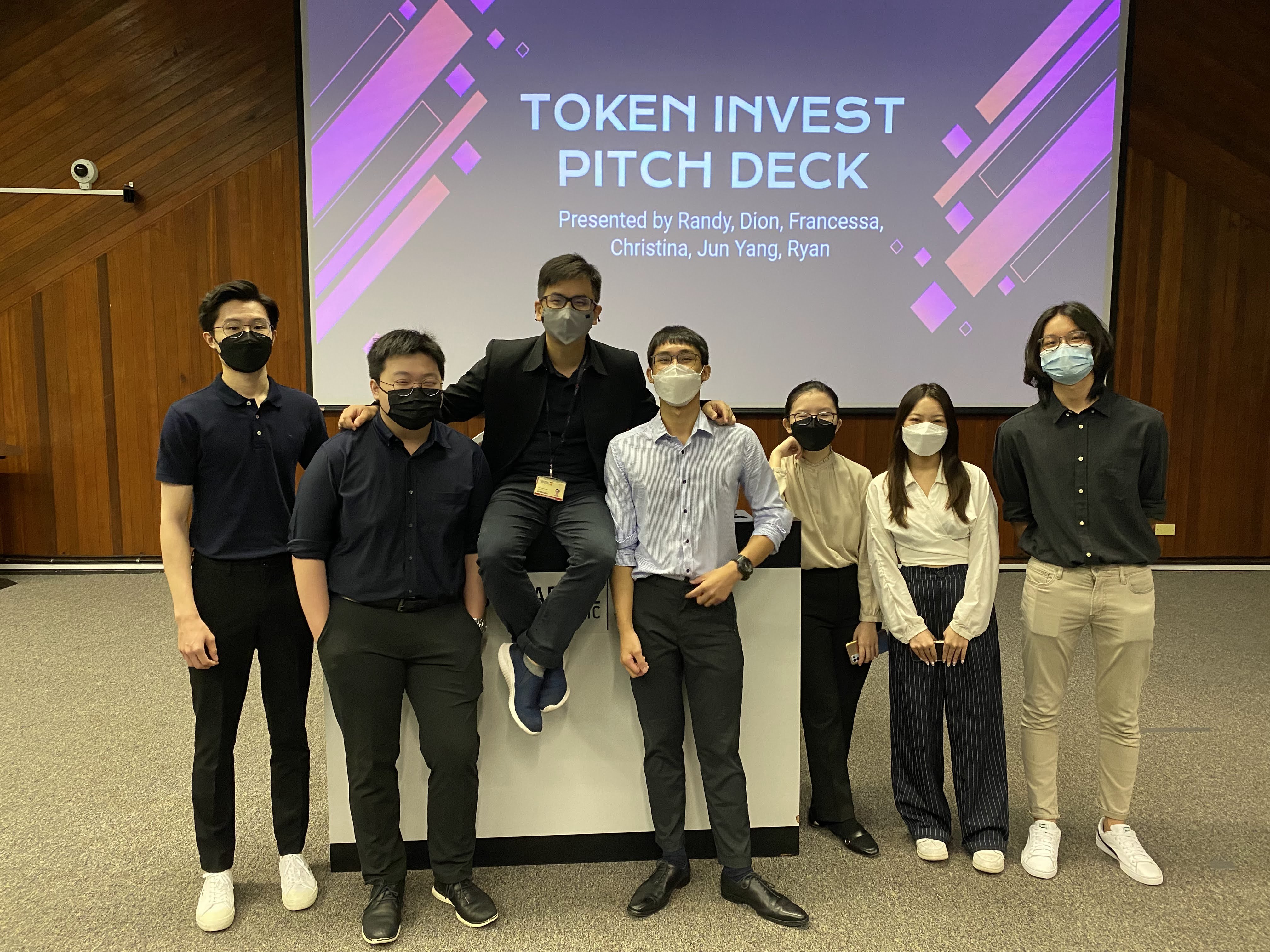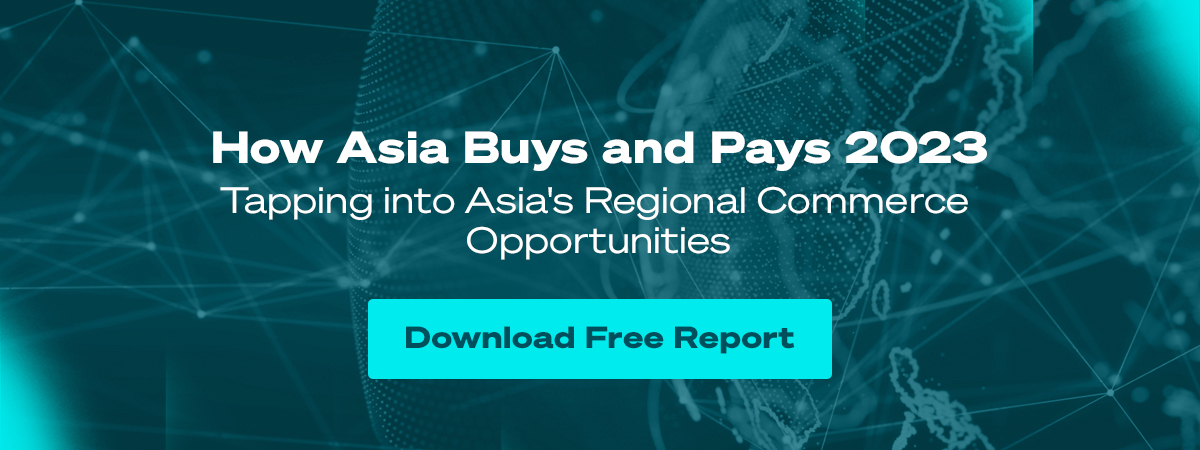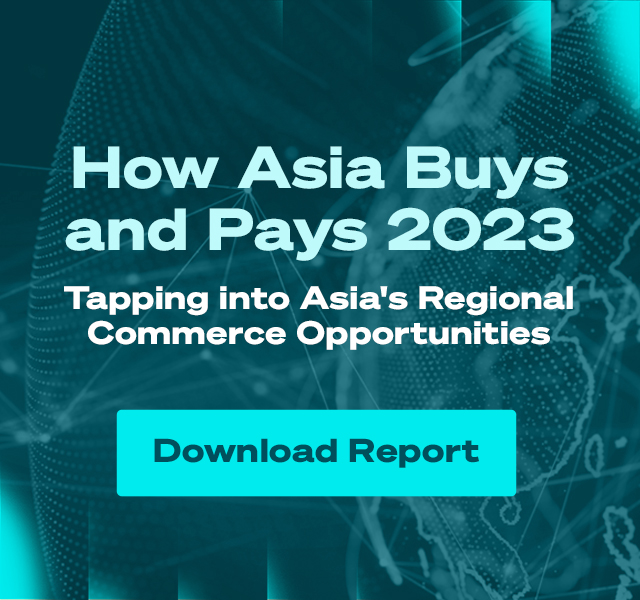
Payments Powerhouses: Shaping the Next Generation of FinTech with Kiang Khiang Tan
In this instalment of Payments Powerhouses, we talk about the challenges of equipping future finance professionals to enter a rapidly changing industry, and new approaches for bringing fintech to new generations of students.


With close to 10 years of experience in banking and finance with United Overseas Bank (UOB) and Standard Chartered Bank, Kiang Khiang (KK) Tan has worn many hats. Starting as a personal banker, he later worked as a relationship manager before diving into credit risk management.
Today, KK is a senior lecturer at Singapore Polytechnic. Teaching in the Banking & Finance field, he specialises in subjects in Technical Analysis, Fixed Income, Derivatives, Financial Regulations & Compliance and Fintech Innovations. He has also supervised and facilitated applied industry projects through his students' fintech final year projects.
KK is also an Associate Certified Coach with the International Coaching Federation (ICF).


Welcome to Payments Powerhouses, KK. Tell us, how does a banker with 10 years of experience move into the education sector?
KK: I started my career in banking, and after various roles, I realised that I wanted to do something more meaningful. At these large banks there were often volunteering opportunities. One time, I went to a secondary school to conduct a financial literacy programme and I really enjoyed it. Teaching those students energised me because they were excited to learn as well. It was then that I thought education might be something I could venture into in the future.
Shortly after that, my ex-colleague, a banker turned lecturer, reached out to me with an offer to be a lecturer as well. When that happened, a lot of things went through my mind. I felt I might be squandering years of banking experience to foray into a new domain. Yet, my volunteering experience made me realise that I liked the energy of teaching and was good at it.
Eventually, I realised that my professional experience and knowledge might add value to students keen to learn about banking and finance. These decision-making points helped me to move into the education sector.
What are some of the interesting new modules you are currently teaching?
That would be the fintech innovation modules that I developed last year. Previously, modules such as futures, options, derivatives and regulations were the established content. But fintech innovation is a module where I am actively thinking about how to train the students to know what's currently happening in the industry and induce curiosity, critical thinking and a forward-looking mindset.
So when they finish this module, they will carry on learning what's happening in the industry. And hopefully, with that, the students will also be able to navigate the changes in the industry.
I've been trying new ways to teach this module. For example, I created an Instagram account where I post about fintech news and concepts to engage with students; and I started a simple podcast where industry practitioners are invited to speak about certain fintech subjects. I also want tutorials to become more interactive and thought-provoking, so I designed these sessions where students have to come up with the questions themselves. And I'm enjoying it because the things that students ask also make me – as a lecturer – think. It's not just a one-way offload of information. Instead, it is a two-way interaction that enriches the student and me. It's as if we are learning with the students. And I think that's the best way to model learning.
There will always be technical concepts to learn – blockchain is an example. The objective is not for them to only understand blockchain concepts; it is for them to start thinking about how blockchain can affect the whole industry, to familiarise themselves with use cases, what to apply blockchain on. Blockchain will evolve in many ways, and I’m hoping that my students will be the ones coming up with future applications.
We see rapid digitalisation in the finance industry. How does that impact your curriculum? Or has your curriculum evolved because of that?
Looking at the curriculum of the Diploma in Banking and Finance at Singapore Polytechnic, we try to infuse technical skills such as data analytics and coding into the modules. Traditionally, these technology modules reside in the School of Computing, but now the School of Business needs to put this competency into its curriculum.
This is not to make our students IT savvy or create developers. Coming from a business school perspective, the purpose of including these technology-based modules is really to allow them to understand the implications of technology on business, especially in the banking industry. While we still teach the definitions of financial terms, we now need to teach how technology improves customer experience. We want to make sure our students understand the infrastructure, challenges and impact of what banks are doing in the evolving payments landscape.
I think it’s important for business students to appreciate that because when they eventually join the workforce, they will be working with people developing those technologies. They can even work cooperatively with the tech side to bring out the best in the business.
Speaking of payment methods, how are these being taught in your course?
That’s a good question. We must consider that these young students are using these payment methods. So we’ve created a curriculum around this topic to explore the history and evolution of payments, without getting too technical. We discuss the innovation behind credit cards and the impact on business and people’s lifestyles.
We also have projects where we invite industry clients to work with students on solving real challenges. That adds the most value to learning because students can Google anything to answer their questions. Still, to understand the business and to be working with an industry partner, they must understand what the client wants and, from there, try to work out an innovative solution through a design thinking process. And that's how we make this learning experience hands-on.

KK with his students at a mock pitch session
What are some of the challenges that you experience in teaching?
Technological advancement is so fast that we don't even know what will happen in five years. Yet, we are preparing students to be ready in five years. So that is the biggest challenge as an educator.
Theoretical concepts are not the main focus. We should have hands-on experience for them to pick up soft skills, critical thinking, think out of the box, and be more creative. We hope these qualities can be transferable in the future, because change is the only constant and we must prepare for it.
Singaporean students are taught theoretical concepts for 10 or 20 years of their early education. When they arrive at a tertiary institution like Singapore Poly and have to be hands-on, many feel lost. Instead of focusing on a straight path, we tell them that improvement also means knowing how to be more resourceful and derive a solution.
Do you have any advice on how students should construct their roadmap in the world of banking and finance? How do you guide them or recommend pathways?
It's very important that in the school context – especially at our polytechnic – we have to create a safe environment to fail. We encourage people to try, and we strive to incorporate that into the assessment. It's easier said than done because failure and success are subjective. I would advise students to exercise critical thinking skills, ask good questions, bring new insights, and be willing to try new things.
I don't recommend career pathways because every individual is unique. But the school must provide them with exposure in their educational journey. I can expose them to technology concepts like coding and things like that. But if they don't like it, that's fine; you can learn it and still choose a different path. So, educators should expose students to a broad spectrum of knowledge and let students decide for themselves what they are interested in.
It sounds like you're not just a lecturer but also a mentor to these students. It seems rewarding to be nurturing the future generation of finance professionals.
Do you have any advice you would give others who may want to consider making a similar career jump?
Similar to what I always tell my students – be aware of your own development. When I made the jump from a banker to an educator, my learning didn't stop there. I did not leave behind my industry knowledge and experience; instead, I'm thinking of ways to leverage it. I would also say be courageous and don’t think about regret. I believe that whatever experiences you had in the past will shape you into the person that you will ultimately be. If you want to develop yourself a certain way, experience goes a long way. And even if you feel miserable about it, it is also a learning experience!
. . .
Payments Powerhouses is a monthly editorial series interviewing the movers and shakers of the payments and wider fintech industry in Southeast Asia and beyond. If you’d like to be featured on Payments Powerhouses, reach out to us here.

